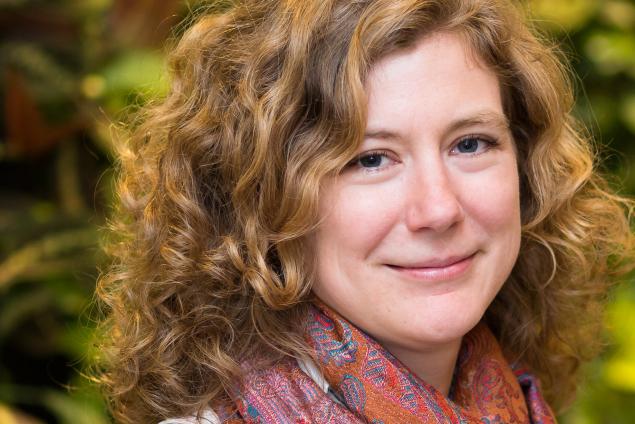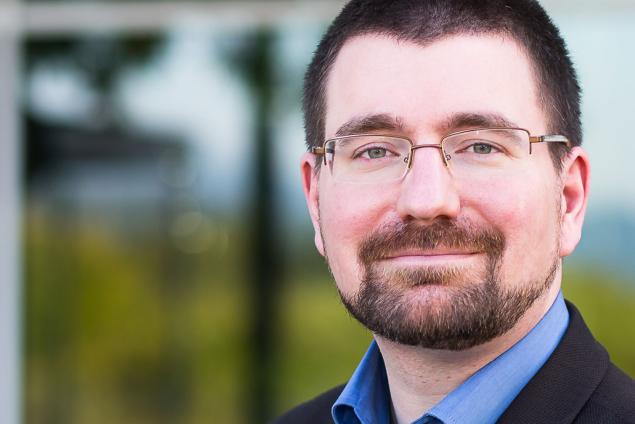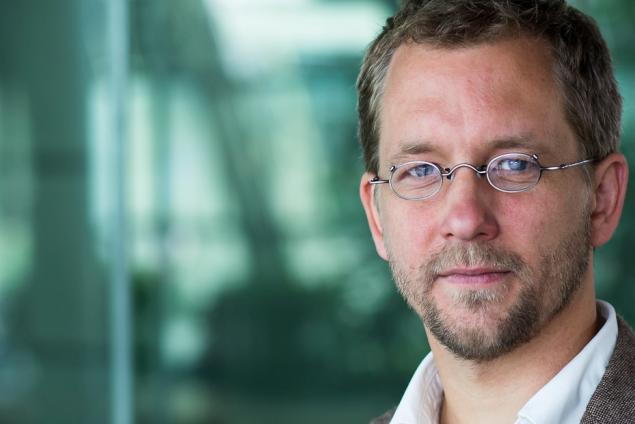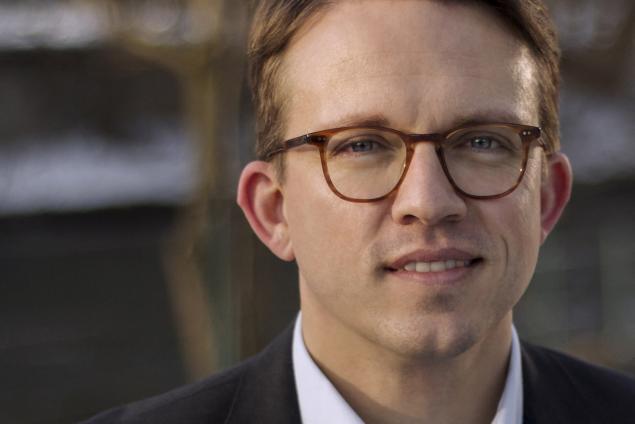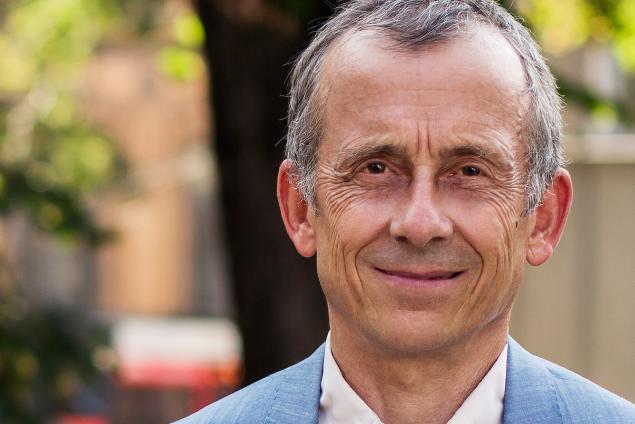Scroll to Section:
All human societies have rituals, both in everyday life and for special, festive occasions or religious ceremonies. As AXEL MICHAELS points out in this video, rituals are not necessary for our lives. So, why are there so many and why do people follow rituals at all? Michaels has pursued these questions in the context of India. Applying an ethno-indological approach – observing how rituals are performed in India today and studying ancient handbooks that prescribe these rituals – Michaels came to a three-part definition of rituals. These three components are formality, modality, and transcendence. This last component points to an explanation of why people observe rituals at all. By submitting themselves to the prescription of a ritual without questioning it, they become homo ritualis and thereby relieve themselves from the continuous search for meaning.
DOI:
https://doi.org/10.21036/LTPUB10417
Institution

Heidelberg University (Ruprecht-Karls-Universität Heidelberg)
"Heidelberg University, founded in 1386, is Germany’s oldest university and one of the strongest research universities in all of Europe. The successes in both rounds of the Excellence Initiative and in internationally recognised rankings prove that Heidelberg’s excellent reputation and leading role in the scientific community are well deserved. In terms of educating students and promoting promising early-career academics, Heidelberg relies on research-based teaching and an outstanding, well-structured training for doctoral candidates. Heidelberg University is a comprehensive university, offering the full spectrum of disciplines in the humanities, law and the social sciences alongside the natural and life sciences, including medicine. As a comprehensive university, Heidelberg aims to continue to strengthen the individual disciplines and to further interdisciplinary cooperation, as well as to carry research results over into society and industry. With its aspiration of connecting traditional values with future-oriented scientific concepts in research and teaching, the university is building bridges to the future – Zukunft. Seit 1386." ( Source )
Show more
Original publication
Homo Ritualis: Hindu Ritual and Its Significance for Ritual Theory
Published in 2015Reading recommendations
Getting Married – Hindu and Buddhist Marriage Rituals among Newars of Bhaktapur and Patan, Nepal
Published in 2012Manus Gesetzbuch
Published in 2010Growing up. Hindu and Buddhist Initiation Rituals among Newar Children in Bhaktapur, Nepal
Published in 2008Śiva in Trouble. Rituals and Festivals at the Paśupatinātha temple of Deopatan, Nepal
Published in 2008Handling Death. The dynamics of Death and Ancestor Rituals among the Newars of Bhaktapur, Nepal
Published in 2005The Price of Purity: The Religious Judge in 19th Century Nepal
Published in 2005Die Kunst des einfachen Lebens. Eine Kulturgeschichte der Askese
Published in 2004Hinduism. Past and Present
Published in 2004Beyond
A Ground-breaking Scientific Revolution
An Alarming Challenge for Society
If I Had a Second Life
A Personal Reading Recommendation
